Climate
-
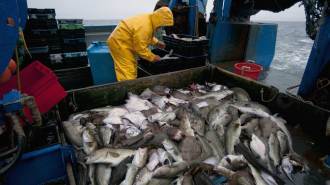 Climate
ClimateMercury levels in fish are rising despite reduced emissions
Climate change and overfishing can increase how much mercury accumulates in fish, counteracting efforts to reduce human-caused emissions.
-
 Science & Society
Science & SocietyWith nowhere to hide from rising seas, Boston prepares for a wetter future
Boston has armed itself with a science-driven master plan to protect itself from increasingly inevitable storm surges and rising seas.
-
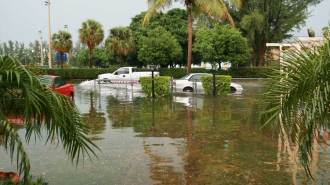 Science & Society
Science & SocietyHow the 5 riskiest U.S. cities for coastal flooding are preparing for rising tides
The five U.S. cities most at risk of coastal flooding from rising sea levels are in various stages of preparedness.
-
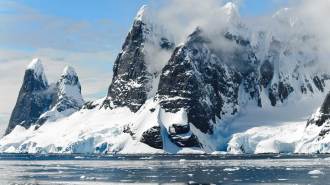 Earth
EarthA new map is the best view yet of how fast Antarctica is shedding ice
Stitching together data from several satellite missions allowed scientists to create the most comprehensive map of Antarctic ice flow ever.
-
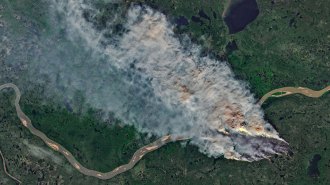 Climate
ClimateThe Arctic is burning and Greenland is melting, thanks to record heat
A heat wave is melting Greenland’s ice and fueling blazes across the Arctic that are pumping record amounts of carbon dioxide into the air.
-
 Climate
ClimateHow today’s global warming is unlike the last 2,000 years of climate shifts
Temperatures at the end of the 20th century were hotter almost everywhere on the planet than in the previous two millennia.
-
 Ecosystems
EcosystemsPlanting trees could buy more time to fight climate change than thought
Earth has nearly a billion hectares suitable for new forests to start trapping carbon, a study finds.
By Susan Milius -
 Earth
EarthNight-shining ‘noctilucent’ clouds have crept south this summer
Clouds high in the atmosphere that catch the sun’s rays even after sundown may be seen farther from the poles due to an increase in moisture in the air.
-
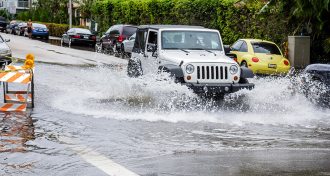 Climate
Climate‘Sunny day’ high tide floods are on the rise along U.S. coasts
Sea level rise led to record-breaking tidal flooding in cities along the U.S. East Coast, a NOAA report found.
-
 Oceans
OceansA mysterious coral disease is ravaging Caribbean reefs
Scientists are racing to learn what’s behind a disease that’s “annihilating” whole coral species in hopes of stopping it.
-
 Climate
ClimateEurope’s latest heat wave has been linked to climate change
Global warming made the June heat wave at least five times more likely to happen.
-
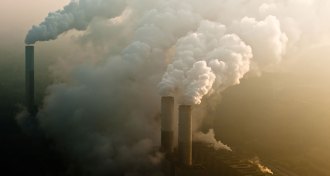 Climate
ClimateCO2 emissions are on track to take us beyond 1.5 degrees of global warming
Current and planned infrastructure will exceed the level of emissions that would keep global warming to 1.5 degrees Celsius, a new analysis finds.